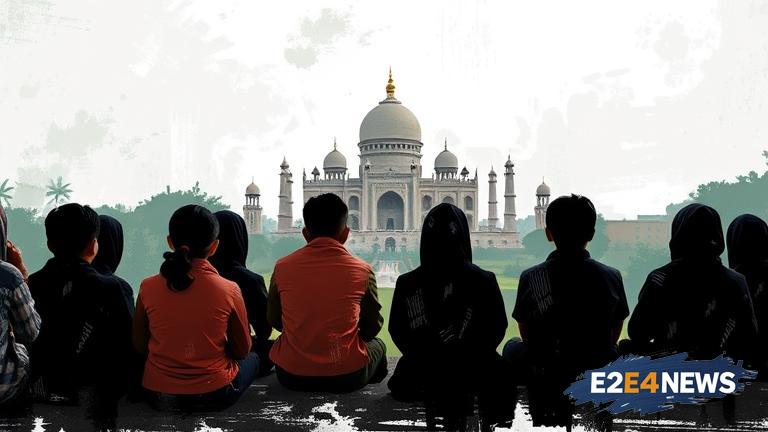The concept of Sekolah Rakyat, or people’s schools, has been a topic of discussion in Indonesia, with many advocating for a decolonial approach to education. This movement seeks to challenge the dominant Western-centric curriculum and instead emphasize local knowledge, culture, and history. Proponents of decolonial pedagogy argue that the current education system perpetuates colonialism and erases indigenous perspectives. By incorporating local epistemologies and worldviews, students can develop a deeper understanding of their own cultural heritage and its significance in the global context. Furthermore, decolonial pedagogy encourages critical thinking and problem-solving skills, allowing students to navigate complex social and environmental issues. The Indonesian government has begun to acknowledge the importance of decolonial education, with some institutions already implementing changes to their curricula. However, there is still much work to be done to fully integrate decolonial pedagogy into the education system. One of the main challenges is the lack of resources and infrastructure to support the development of local curricula and teaching materials. Additionally, there is a need for teacher training and capacity building to ensure that educators are equipped to implement decolonial pedagogy effectively. Despite these challenges, the push for decolonial pedagogy in Indonesia is gaining momentum, with many educators, activists, and community leaders advocating for a more inclusive and equitable education system. The movement is not only about challenging colonialism but also about promoting social justice and human rights. By centering local knowledge and perspectives, decolonial pedagogy can help to address issues such as poverty, inequality, and environmental degradation. Moreover, it can foster a sense of community and social cohesion, as students learn to appreciate and respect their own cultural heritage and that of others. The implementation of decolonial pedagogy in Indonesia has the potential to inspire similar movements in other countries, particularly in the Asia-Pacific region. As the world becomes increasingly interconnected, it is essential to recognize the value of local knowledge and perspectives in shaping a more just and equitable global community. Ultimately, the success of decolonial pedagogy in Indonesia will depend on the collective efforts of educators, policymakers, and community leaders to create a more inclusive and equitable education system. With persistence and dedication, it is possible to create a brighter future for Indonesian students and to inspire a new generation of leaders who are equipped to address the complex challenges of the 21st century.
